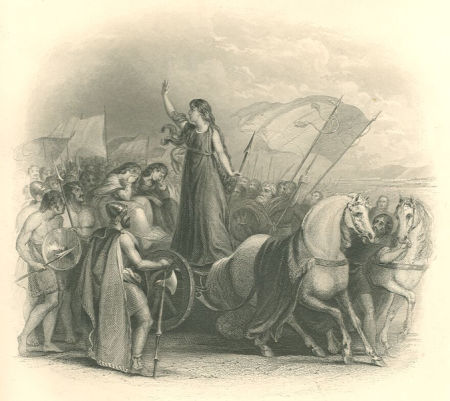 I try not to discuss politics on this blog, but the widespread criticism of Hillary Clinton’s “annoying” voice begs for some historical context. The criticism tends not to be about what she is saying–it’s about how she’s saying it. You may disagree with her, or with Trump, or with Sanders. But of the three candidates, why is it Hillary’s voice that gets criticized so often?
I try not to discuss politics on this blog, but the widespread criticism of Hillary Clinton’s “annoying” voice begs for some historical context. The criticism tends not to be about what she is saying–it’s about how she’s saying it. You may disagree with her, or with Trump, or with Sanders. But of the three candidates, why is it Hillary’s voice that gets criticized so often?
A lot of commentators and news reporters comment on it. Many complain that she is loud, or shrill, or inauthentic.
Then there’s this article in the Daily Mail, which pretends to be discussing the voices of “powerful people” and how their voices grow more monotonous and higher-pitched as they get more power. But the only two “powerful people” the article discusses by name are women–Thatcher and Clinton.
Let’s go back in time–to the year 60 AD. The warrior queen of Celtic Britain, Boudica (sometimes spelled Boadicea) led a bloody rebellion against the Roman occupying forces. Roman historians were notoriously misogynistic. Cassius Dio described her as very tall (“in appearance almost terrifying”). And “a great mass of the tawniest hair fell to her hips.” But get this: “and her voice was harsh.” As Boudica’s modern biographer Antonia Fraser put it, “Condemnation of a female leader very often throws in the fact that her voice is harsh or strident.”
![By Rafesmar (Own work) [CC BY-SA 3.0 (http://creativecommons.org/licenses/by-sa/3.0)], via Wikimedia Commons](https://www.sarahalbeebooks.com/wp-content/uploads/2016/05/Boadicea_Statuary_Group-450x300.jpg)
By Rafesmar (Own work) [CC BY-SA 3.0 (http://creativecommons.org/licenses/by-sa/3.0)], via Wikimedia Commons
Cassius Dio, Roman History
Antonia Fraser, The Warrior Queens, NY: Knopf 1989, p 60 (library book)